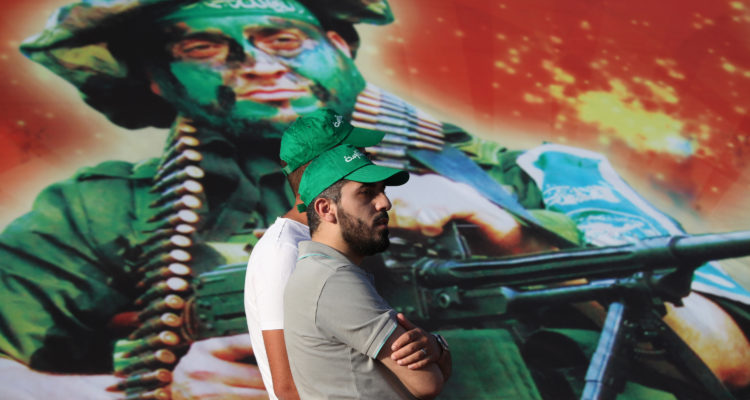Jordanian judiciary dissolves radical Islamist Muslim Brotherhood movement that helped found the Hamas terror group in Gaza.
By Paul Shindman, World Israel News
Jordan’s top court dissolved the country’s branch of the Muslim Brotherhood movement, saying the radical Islamic group failed to “rectify its legal status,” Asharq Al-Awsat reported Thursday.
“The Court of Cassation yesterday (Wednesday) issued a final verdict ruling that the Muslim Brotherhood group is dissolved and has lost its legal status for failing to rectify its legal status under Jordanian law,” a judiciary official said.
In the late 1980s, the Jordan Muslim Brotherhood formed a political party, the Islamic Action Front, and won just over a quarter of the seats in the 1989 elections to Jordan’s parliament. At the time it called for more Islamic radicalization, including more support for the Hamas terror group in Gaza, which had been founded by Muslim Brotherhood followers.
After pushing for reforms that would give them more power and detract authority from King Abdullah, Jordan took steps to downgrade the Brotherhood. In 2014 Jordanian authorities ruled that the Muslim Brotherhood was illegal, saying that under a law on political parties the movement’s license could not be renewed, the London-based Asharq Al-Awsat newspaper reported.
However, the Muslim Brotherhood continued to operate in the Hashemite Kingdom even when the Jordanian government in 2015 authorized an offshoot group, the Muslim Brotherhood Association, comprised of disaffected members who wanted a more moderate stance.
Egypt, Bahrain, Russia, Syria, the UAE and Saudi Arabia have all outlawed the movement and consider it to be a terrorist organization, although Qatar and Turkey both continue to support it.
Last year the Trump administration took steps toward designating the Muslim Brotherhood a foreign terrorist organization.
The national security adviser at the time, John Bolton, and Secretary of State Mike Pompeo reportedly supported the idea, but the Pentagon, as well as career national security staff, government lawyers, and diplomatic officials, voiced legal and policy objections and were searching for a more limited step that would satisfy the White House.





